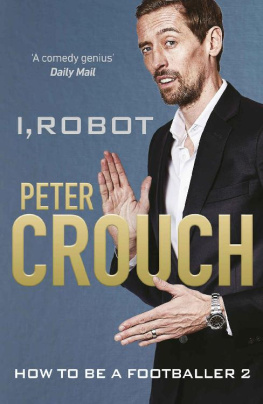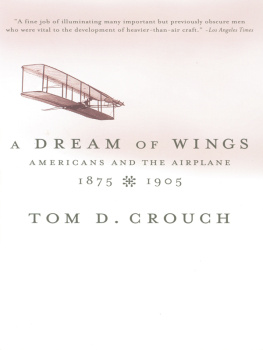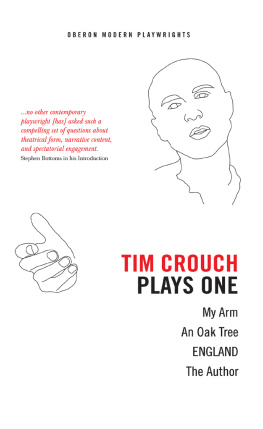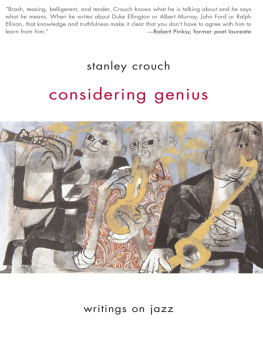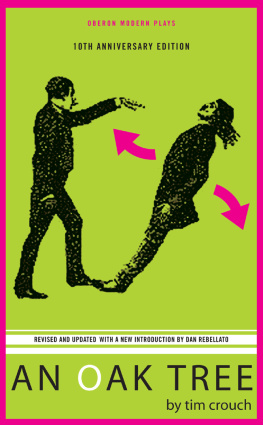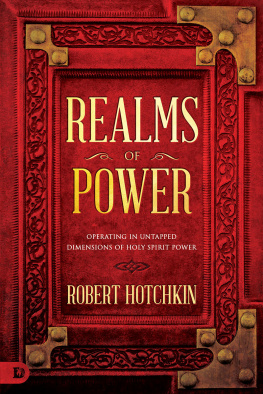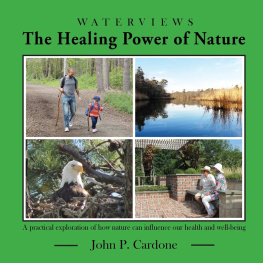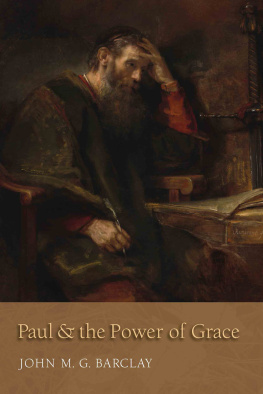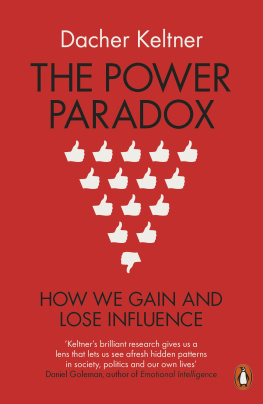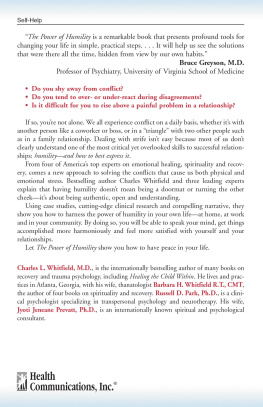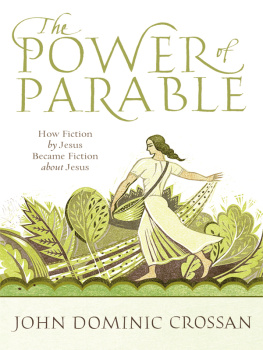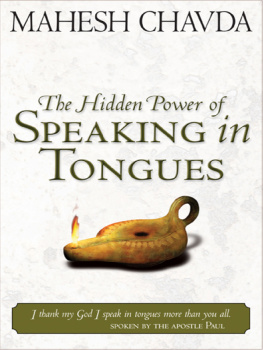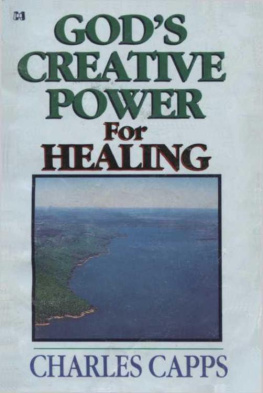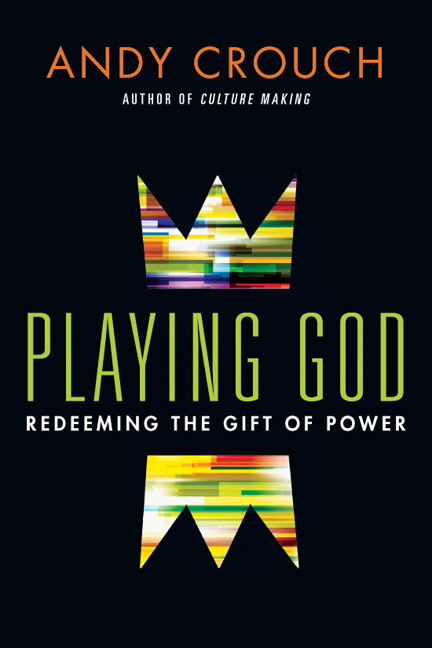All rights reserved. No part of this book may be reproduced in any form without written permission from InterVarsity Press.
InterVarsity Press is the book-publishing division of InterVarsity Christian Fellowship/USA , a movement of students and faculty active on campus at hundreds of universities, colleges and schools of nursing in the United States of America, and a member movement of the International Fellowship of Evangelical Students. For information about local and regional activities, write Public Relations Dept., InterVarsity Christian Fellowship/USA, 6400 Schroeder Rd., P.O. Box 7895, Madison, WI 53707-7895, or visit the IVCF website at < www.intervarsity.org >.
Scripture quotations, unless otherwise noted, are from the New Revised Standard Version of the Bible, copyright 1989 by the Division of Christian Education of the National Council of the Churches of Christ in the USA. Used by permission. All rights reserved.
While all stories in this book are true, some names and identifying information in this book have been changed to protect the privacy of the individuals involved.
Introduction

P ower is a gift. That is this books central, controversial idea.
It may be that you dont find that idea controversial, in which case you can happily skip this introduction and go straight on to the heart of the book. But I suspect most people have a hard time believing that power is a gift.
Gifts are good, and many people have a hard time thinking of power as good. Not long ago I was on a panel with a woman whose wisdom and insight I very much respect. During our discussion the topic of power came up. I recognize that power is a reality, she said reluctantly, but I think all we can do is contain it and limit the damage it causes. In her mind power always does damage. Yet she exercises great power, with much care and skill, in her work as a university professor.
Gifts also require a giver. Our use of power will always be disordered and destructivewill result in idolatry and injusticeunless we find a way to a restored relationship with the Giver of power. Even a great deal of Christian thinking regards power, as the apostle Paul said in another context, from a worldly point of view. But while power is in some ways the most worldly thing of all, if we take our understanding of power from the world we will miss its promise and misjudge its dangers. To truly understand the gift and danger of power, we have to put it back in the context of the Christian story, with that storys audacious claims about the true beginning and end of the world we think we know. As we revisit that story, we may find it has much more to say about power than we have imagined, and that what it has to say is not what we expected.
Of course, many people would prefer not to think about power at all, and they sometimes use language borrowed from the Christian story to avoid thinking about it. A friend was speaking with the pastor of a multi-thousand-member megachurch, one whose name is instantly recognizable in the world of evangelical Christianity. How do you handle the power that comes with your role as senior pastor? my friend asked. Oh, power is not a problem at our church, came the reply. We are all servant leaders here. I believe it was a sincere answerthis leaders commitment to servant leadership is genuine. But I have been in rooms when he walked in and have felt the palpable change of atmosphere, as if someone had abruptly turned down the thermostat and shut off the background music. He is indeed a servant leader, but he is also a person with power.
Because of our discomfort with power, we employ a wide range of near synonyms that seem more comfortable. We speak of leadership, influence or authority. All these are important and beneficial forms of power. But these words can camouflage what is really at stake. The best word for it, with all its discomfort, is power.
There is, I should add at the outset, one group of people who talk about almost nothing but power. The academic world, especially the humanities, has been shaped in the last generation by a new attention to the power dynamics at work in human lives and institutions. Influenced recently by Michel Foucault, and perhaps most deeply by Friedrich Nietzsche, whole disciplines have reoriented themselves around excavating the hidden power lines in human endeavors.
I agree with the Foucauldians that power is everywhere. But in this book I am going to offer the outlines of a different way of seeing this reality. Underlying much of the academic fascination with power, it seems to me, is the presupposition that power is essentially about coercionthat even when power looks life-giving and creative, it actually cloaks a violent fist in a creative glove. I believe this is exactly backwards. I actually believe the deepest form of power is creation, and that when power takes the form of coercion and violence, that is actually a diminishment and distortion of what it was meant to be. Indeed, instead of creation being merely well-concealed coercion, violence is best seen as the result of misplaced and misdirected creation.
I have no hope, of course, of being as erudite or influential as Foucault himself. I am not a philosopher or a scholar of any sort; I am a journalist, and my job as a journalist is to do my best to make complicated things clear, quickly, for people who could be doing something else. Readers who want the real philosophical meat should turn to the book that first started me down this path, John Milbanks supremely difficult Theology and Social Theory . (I wish them a safe journey.) Oliver ODonovans life work, especially Resurrection and Moral Order and The Desire of the Nations , is a gift to those who want to think more deeply about the political implications of seeing power as creative love . A very different influence on me, years ago, was Marilyn Frenchs feminist manifesto Beyond Power , which awakened one privileged male university sophomore to the interaction of power and gender, and also started a low-simmering dissatisfaction with the idea that we could ever get beyond power in the way she seemed to hope. When I started to seriously explore these topics, Janet Hagbergs wise and practical Real Power seemed much more helpful than French. None of these influences can be held responsible for anything I say here, except that they planted the seeds of a question: What if the Western intellectual tradition at least since Nietzsche (but further back, as Milbank shows, through Max Weber to the ancient Greeks) is mistaken about power? What if there is another way? If the gospel really is good news for all of creation, is it possible that the gospel is good news about power?
The truth is we need far more deeply Christian, deeply honest conversations about power than any one book can offer. My hope with this book is simply to get us talking about power, and talking about it in a new way, a way that goes to the heart of the good news and the One who alone is good.
There are four parts to this book. Each is punctuated by biblical explorationslooking at the themes of power in biblical texts from Genesis to John to Philemon to Revelation. The amazing thing about Scripture is that when we bring almost any serious question to it and begin reading and listening with that question in mind, we discover a richly textured, endlessly provocative way of seeing that question in the stories, poems, prayers, laments and prophecies of the Bibles witnesses. A book that tried to treat the biblical theology of power would be a different and far thicker book, but I hope these biblical explorations at least show us, like geologists digging test wells in a newly discovered formation, just how much treasure remains to be unearthed when we start asking the Bible to form our imaginations about power.


